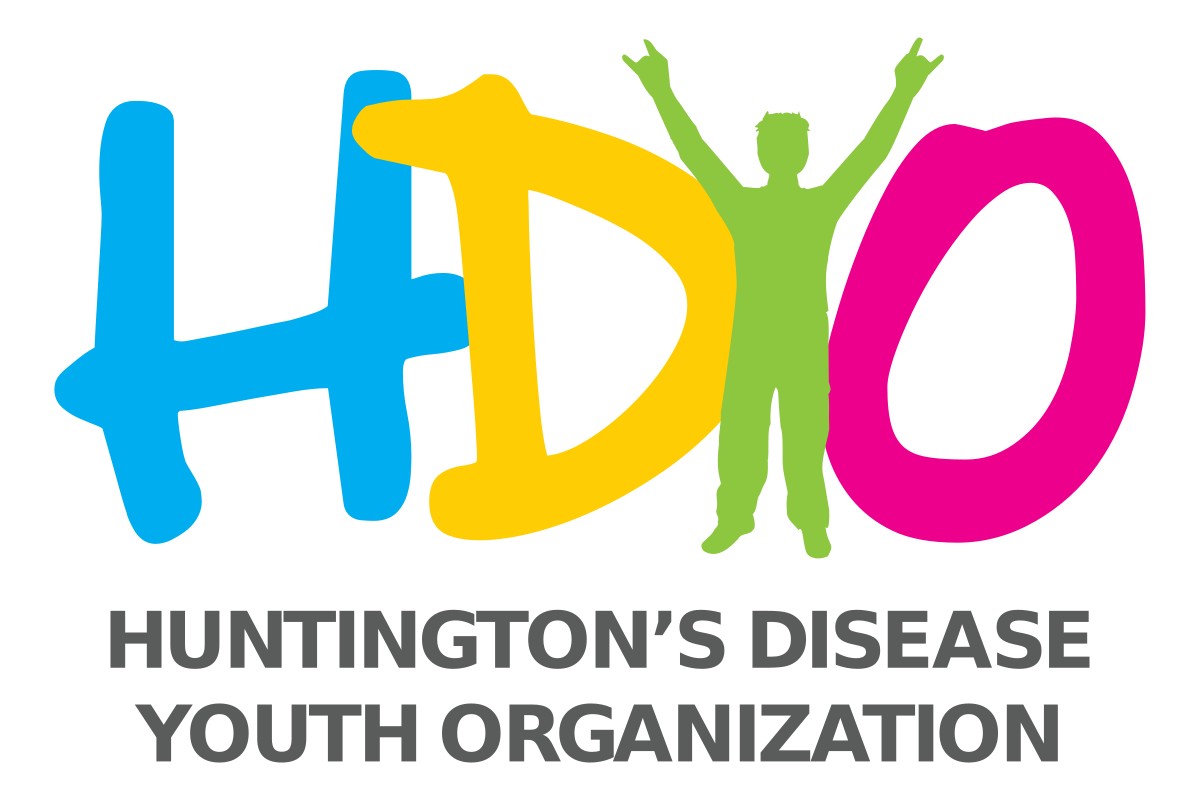Dealing with a Diagnosis
January 31, 2018

HDYO has more information about HD available for young people, parents and professionals on our site:
www.hdyo.org
Note: To clarify, when we say ‘diagnosed with HD’ we mean having symptoms. We are not referring to testing positive or negative. If you are looking for content on that topic we suggest visiting the genetic testing section.
Making the decision to be tested for the HD gene can be a very challenging experience. For some people who are positive but asymptomatic (not showing any signs of HD) this can be both a comfort and anxiety provoking. Many people who are positive for HD worry each time they forget a person's name, drop a fork, or have a short temper. They fear these are symptoms of HD. So first, it is very important to talk with an expert who can help to determine if you are showing signs (even early signs of HD).
Whether you are aware of having symptoms or even if you don't feel you have symptoms, being told that you are diagnosed with HD can be very scary. Many people who begin to see signs of HD are in their 30's to 50's but some people show signs of HD earlier. They can show early signs of adult HD or they can have Juvenile HD (JHD).
This section will focus on what it is like to be diagnosed and will look at the experiences of how others have coped with it.
Being told you are symptomatic with HD
Being diagnosed with having symptoms of HD can be a moment that will stay in your memory for the rest of your life. You may be someone who has known about HD in your family for a long time or you may be someone who just found out about HD. Either way it can be difficult to cope with. Your experience will depend on your own situation.
The initial reaction – hearing those words

If you are someone who has received a diagnosis of having symptoms of HD you might be feeling very overwhelmed. There is no right or wrong way to cope with this news but many people feel sad, scared, angry, and numb right after a diagnosis of HD. These feelings are normal. It can be helpful for people to know it is okay to feel all of these emotions.
For some, knowing family members with HD can 'prepare' them a bit for their own diagnosis. They may have grown up around many people with HD and may already feel the symptoms they are experiencing are due to HD. Other people might look up HD on the Internet and 'self-diagnosis' themselves with having symptoms of HD even if they are not around other family members who have the disease. Still other people might not even be aware of the symptoms they have but will go to an appointment for their HD due to a family member asking them to go. No matter what the situation is and how hard you might prepare to hear the words, receiving a diagnosis can still be a great shock. That feeling of shock can stay with you for a long time. Again, that is normal.
How to cope in the short-term
As mentioned, some people with HD in their families will try to prepare themselves for a time when they hear they are symptomatic. Others will be finding out about HD for the first time. Your reactions will most likely be based on your experiences with HD. Either way a good first step forward is awareness and support. After a diagnosis some people might want to start to search the Internet for everything about HD. Other people might want to bury their heads in the sand and forget about the diagnosis. A good place to start might be somewhere in the middle. For those people who become 'task oriented' and want to read everything available, you might consider talking to a professional who can steer you to a few good and reliable resources. For those who want to run away and forget about the diagnosis, you might indeed want to give yourself a few days not to think about HD. When you are ready you can contact a expert and begin to find out some information about HD.
Support is a huge part of coping with a diagnosis of HD and it can really help you get through those first days. Family, friends, and healthcare professionals can all be good support systems. On-line groups and resources such as HDYO can be an excellent way to cope as well. Even though your story is unique, you are not alone! HDYO is here for you.
Those first few months can be a period of adjustment. You may be trying to adjust to the news and figure out what this diagnosis means to you and your family. You might also feel depressed. These are normal feelings and you might just need some time to let this all sink-in. If however you continue to feel depressed, the depression gets worse, or you feel suicidal, it is very important to talk to a healthcare professional. Many people who go through gene testing and/or receiving a diagnosis of having symptoms of HD benefit greatly by reaching out to talk to family, friends, and healthcare providers. It is not a sign of weakness to ask for help. It is a sign of strength!!
How to cope in the long-term

Some people feel the best way to cope in the long-term is to take control of how they feel. They become resilient and decide the best way to face a diagnosis of HD is to 'walk with it' instead of fighting it. They surround themselves with supportive people, they educate themselves about HD, they focus on staying positive, they avoid stress and toxins (drugs and alcohol), and they get involved as much as they feel they are able. Everyone's ability will depend on where they are in the stages of the diagnosis.
Time plays a huge role in HD. On one hand time is good because it allows you to focus on the here and now. On the other hand, people can be afraid of the future and how it will impact them with symptoms. It is important to remember that people who have symptoms of HD will change in their abilities over time. Most of the time however these changes are gradual. Working closely with a healthcare provider who specializes in HD can help you to continue to feel confident in your abilities. Support, education, medication, and/or adaptive equipment can all help to keep people independent. When you have an open and honest relationship with a healthcare team you can discuss what is helpful and what might be adjusted. It is not uncommon for healthcare professionals to make medication changes. When people who are diagnosed with symptoms of HD bring in support people to give feedback to the healthcare providers it gives the healthcare team a really good picture of what the person with HD is like at home. This can be very helpful in treating the symptoms of HD and ensures everyone is on the same page!
Long-term coping means you understand that your life is far from being over. People who cope well have goals and plan for those goals! Everyone has small set-backs once in a while. That is to be expected and accepted. But if you can move forward (even with small steps) towards your life goals you can keep focused on the future! Again, remember HDYO is here to help you!
Being positive and enjoying life

Staying upbeat and positive can be a challenge when you are diagnosed with HD. It is, we agree, much easier said than done. But one of the most important things to remember is that your life is not over when you are given a diagnosis of HD. There is always hope and there are always things in your control. You can decide how you want to react to HD. You have the choice to focus on your goals, to surround yourself with upbeat and positive people, to take care of your body and your mind, and to savour the joy in life.
And remember, you are not alone. Many people who are involved in HDYO have experienced the same feelings you are having. While we cannot change the outcome we can offer support from someone who has been there! So contact us at anytime to talk! We will listen and offer support!



